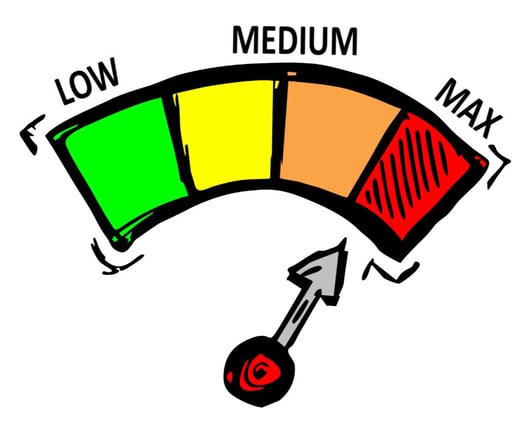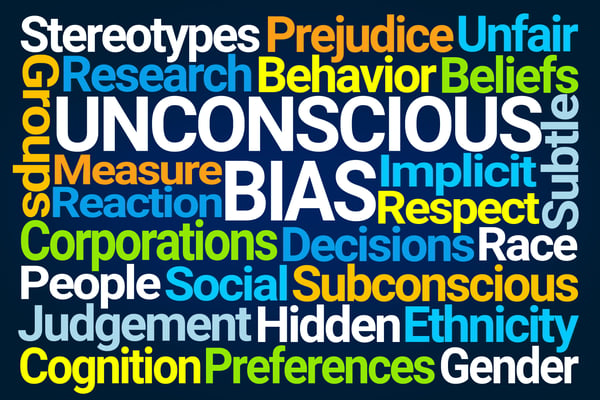When you’re hiring a new candidate, you’re hiring to fill specific skills gaps in your organisation. But, unfortunately, that’s not all you’re doing.
Every time you take on a new hire, you are inviting risk into your team: the risk that the candidate will cause problems, not fit in culturally, or simply not perform.
So how do you minimise this risk?
An increasing number of UK companies are turning to behavioural testing tools to ensure that the candidates they select are a good fit for the company, the team, and the work required of them.
What is Behavioural Testing?

Behavioural testing can take numerous forms and aims to reveal how the person will perform and behave in the job.
Types of behavioural testing in interviews include:
1. Testing in assessment centres, simulated tasks, or work sample tests.
These tests, particularly in assessment centres, often require the candidate performs the task in groups, thereby giving an opportunity to see how they interact with others. When a task is done independently, the hiring manager can observe how well the task is completed, as well as how the candidate performed under pressure
2. Behavioural, competency-based interviews.
For example, asking a candidate to explain a time when they had to meet a difficult deadline/deal with a conflict with a manager. This style of questioning is based on the idea that ‘the best predictor of future behaviour is past behaviour’, and all questions are exactly the same for each candidate, allowing them to be measured against each other.
3. Situational judgement tests.
This is where a candidate is presented with several options in a workplace scenario and asked to judge which is the best course of action.
Five reasons behavioural testing delivers the right candidates.
1. It effectively predicts performance.

Behavioural assessments carry ‘predictive validity’: that is, they are highly effective at predicting how a person will do their job. As long as the behavioural test is well conducted, you can be significantly more confident that the person is right for the job.
2. It diminishes the hiring panel’s unconscious bias.

Interviewers, no matter how experienced, are prone to bias, and often make the wrong decisions due to these biases. We instinctively like some people more than others, and may be swayed by all manner of factors, such as a shared school background, or prejudices based on gender, sexuality, ethnicity, socio-economic status, religion, or even size. Because of this, interviewers can be blinded to who the correct hire really is. Behavioural testing diminishes the power of bias, allowing you to choose the right person for the job.
3. It seems ‘fair’ to the candidate.
Behavioural testing generally makes candidates feel they have had a fair opportunity to demonstrate their skills, meaning that they are less prone to feelings of disgruntlement against the company when they are not selected.
4. It is applied in the same way to all candidates.

Often, interviewers ask different candidates different questions or fail to carefully measure each candidate’s response against responses from other candidates. Because behavioural testing is a structured process whereby all candidates perform the same tasks and answer the same competency-based questions, it is much easier to compare ‘like with like’, and arrive at the correct conclusion.
5. It is harder for the candidate to ‘fake’ behavioural testing.

We call it hiding behind the interview mask where you meet a candidate who dazzles us with their supposed personality and tells us just what we want to hear. They often prove to be the wrong candidate, and this can lead to disappointment. When a candidate has to actually conduct a task or deliver specific examples of when they’ve exhibited a skill or quality, it is much harder for them to ‘fake’ the process. Those with the ‘gift of the gab’ but little aptitude for the role will be exposed by behavioural testing.
The best recruitment processes are about minimising risk while remaining excited about the potential of the candidate to take the business forward. Behavioural testing as part of your recruitment process allows you to successfully balance these two imperatives.
Can We Help?
At Lucy Walker Recruitment, we’re increasingly using behavioural testing tools to screen our candidates and are happy to assist our clients in discovering the many benefits of bringing behavioural assessments into your recruitment process. To find out more email us here or call our Leeds office on 0113 367 2880.










.png)






